
Phyllonorycter trifasciella is a moth of the family Gracillariidae. It is found in Western Europe.
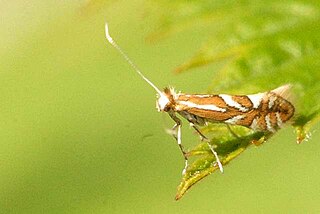
Phyllonorycter oxyacanthae is a moth of the family Gracillariidae found in all of Europe except the Balkan Peninsula. It was described by the German-born Swiss entomologist, Heinrich Frey in 1856. The larvae are known as leaf miners, living inside the leaves of their food plants.

Phyllonorycter coryli, or nut leaf blister moth, is a moth of the family Gracillariidae. It is found most of Europe, except the Balkan Peninsula.

Phyllonorycter froelichiella is a moth of the family Gracillariidae. It is found in all of Europe, except Greece.
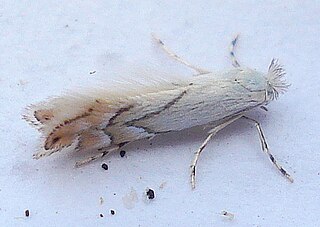
Phyllonorycter harrisella is a moth of the family Gracillariidae. It is found in all of Europe, except the Balkan Peninsula and the Mediterranean islands.
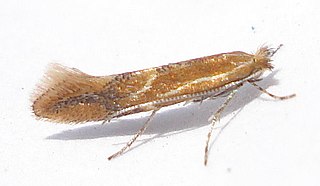
Phyllonorycter corylifoliella, the hawthorn red midget moth, is a moth of the family Gracillariidae. It is found in all of Europe.

Phyllonorycter cerasicolella is a moth of the family Gracillariidae. It is known from all of Europe, except northern Scandinavia.
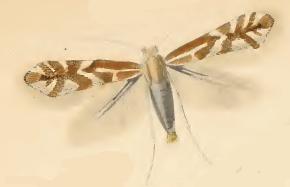
Phyllonorycter viminetorum is a moth of the family Gracillariidae. It is found from Latvia to the Pyrenees and Italy and from Ireland to Ukraine.
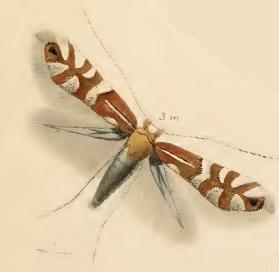
Phyllonorycter ulmifoliella is a moth of the family Gracillariidae. It is found in all of Europe, east to Russia and Japan.
Phyllonorycter ulicicolella is a moth of the family Gracillariidae. It is known from Great Britain, Spain, France, Italy and Greece.

Phyllonorycter emberizaepenella is a moth of the family Gracillariidae. It is found in all of Europe, except the Iberian Peninsula and the Balkan Peninsula.
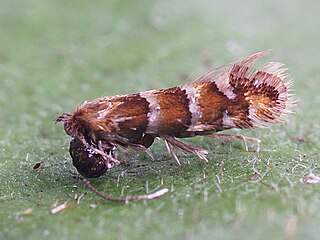
Phyllonorycter klemannella is a moth of the family Gracillariidae. It is known from all of Europe, except Greece.

The European oak leaf-miner or Zeller's midget is a moth of the family Gracillariidae. It is found in Europe south of the line running from Ireland, through Great Britain, Denmark to Ukraine. It is also found in Macaronesia. It is an introduced species in New Zealand and Australia.

Phyllonorycter nigrescentella is a moth of the family Gracillariidae. It is known from all of Europe except the Balkan Peninsula.

Phyllonorycter quercifoliella is a moth of the family Gracillariidae. It is known from all of Europe, except for the Mediterranean islands.

Phyllonorycter quinqueguttella is a moth of the family Gracillariidae. It is found from Fennoscandia to the Pyrenees, Alps, Hungary and Ukraine and from Ireland to central Russia.

Phyllonorycter rajella is a moth of the family Gracillariidae. It is known from all of Europe, except the Iberian Peninsula and Greece.

Phyllonorycter salictella is a moth of the family Gracillariidae. It is known from all of Europe, east to Russia and Japan.

Phyllonorycter spinicolella, also known as the sloe midget, is a moth of the family Gracillariidae, first described by the German entomologist Philipp Christoph Zeller in 1846. It is probably present in all of Europe.

Parornix devoniella is a moth of the family Gracillariidae found in Europe. The larvae are leaf miners, feeding on the tissue inside the leaves of hazels Corylus species.

















